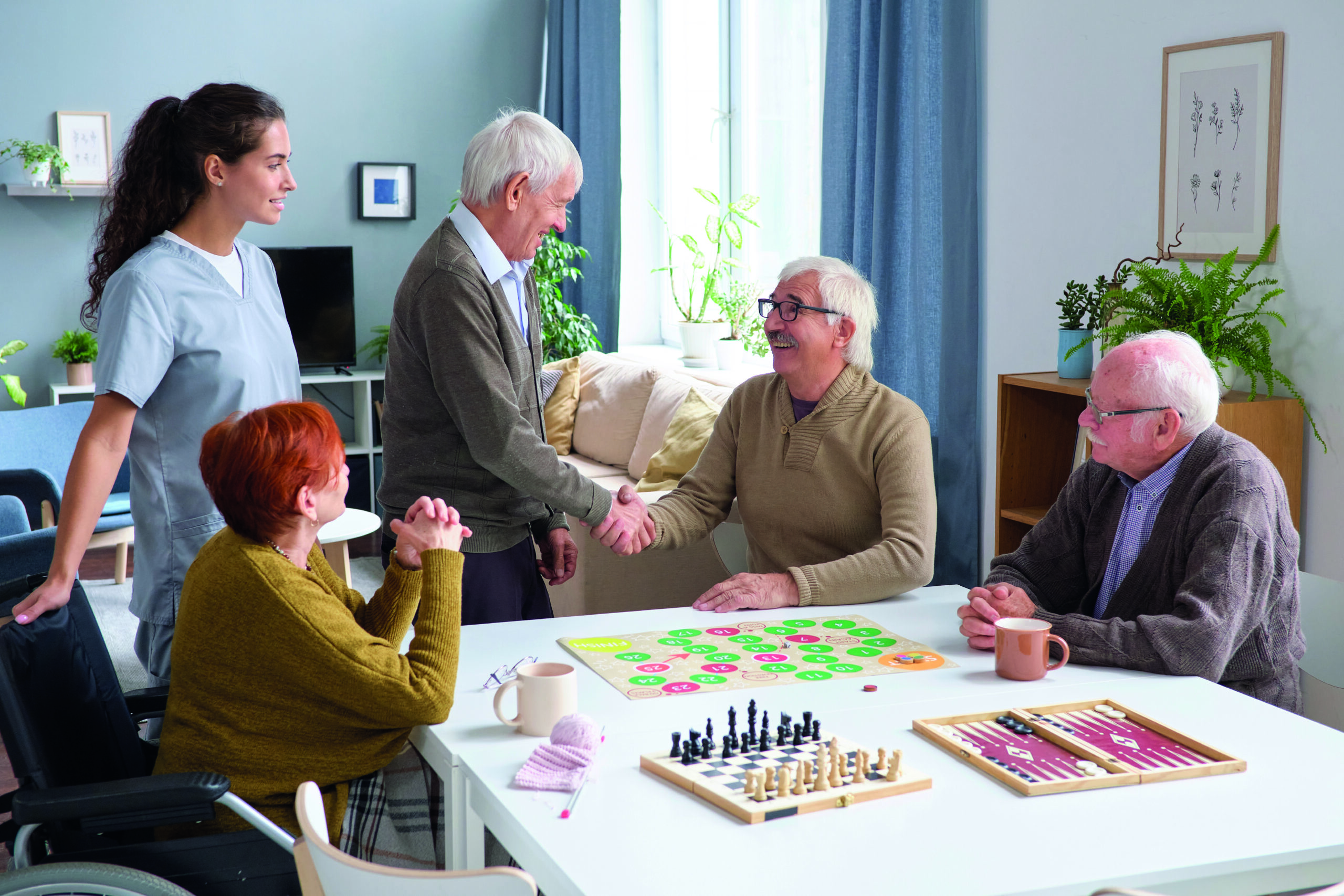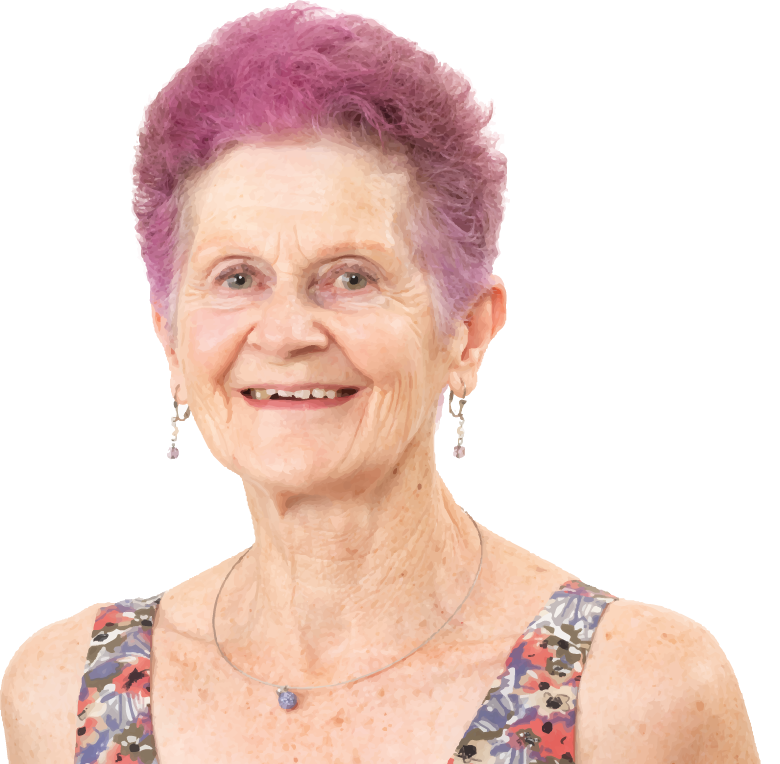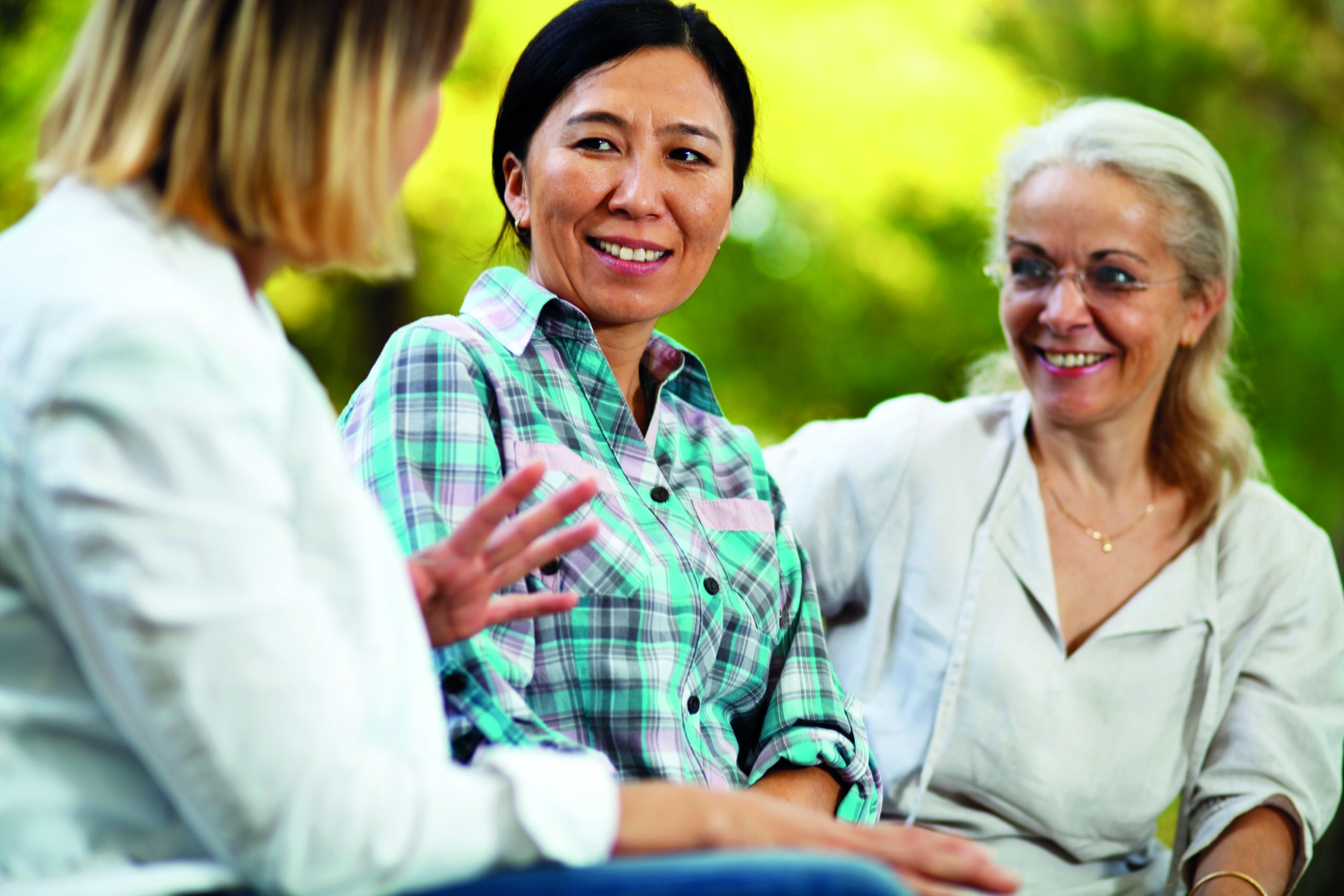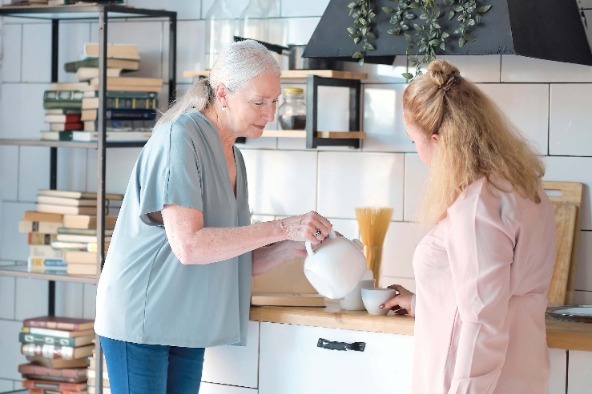
If you have a friend or family member interested in joining our program, please contact us.
For Maranoa House, please call (03) 8809 4979 or email maranoa@basscare.org.au.
For Elsie Salter House, please call (03) 9058 6095 or email eshadmin@basscare.org.au.
At BASScare, we offer specialised dementia day programs designed to support people living with dementia, memory loss, or cognitive changes. Our programs also provide valuable respite for caregivers. Held at two welcoming locations—Maranoa House in Canterbury and Elsie Salter House in Ashburton—these programs create safe, engaging spaces where participants can connect, stay active and maintain their independence.
Led by experienced staff and volunteers, our activities are tailored to individual interests and abilities, helping to foster a sense of community and well-being. Whether joining us for a day of social interaction, outings, or meaningful activities, our goal is to enhance quality of life while giving caregivers a well-earned break.

Seeing someone with Dementia come alive inside and engage again, with a radiant smile that reaches their eyes. I am fortunate to have these highlights occurring on a daily basis.

Maranoa Club
Looking for a welcoming space away from home where you and your loved ones can unwind and connect? Look no further than My Place, the drop-in centre at Maranoa Club created to bring joy, relaxation and community to your day. Somewhere our clients perceive as their space and feel secure and comfortable. Their place away from home where they can be the host.
Available to current clients only. To enquire please call (03) 8809 4979 or email maranoa@basscare.org.au.
Younger onset dementia (YOD), also known as early-onset dementia, refers to the occurrence of dementia symptoms in individuals who are below the age of 65. Dementia is a general term for a decline in mental ability that is severe enough to interfere with daily life. It is characterised by memory loss, impaired cognitive function, and changes in behaviour.
While dementia is more commonly associated with older adults, it can affect individuals in their 40s, 50s, or early 60s. Younger onset dementia may present unique challenges because it can impact individuals during their prime working and family-raising years.
Early detection and intervention are crucial for addressing symptoms, providing appropriate support, and helping individuals and their families cope with the challenges associated with dementia. Treatment may involve medications, therapy, and lifestyle modifications to improve quality of life.
BASScare’s Maranoa Club recognises the unique challenges faced by individuals with YOD and their caregivers. The club is dedicated to providing support to caregivers while simultaneously offering age-appropriate and meaningful activities for those diagnosed with YOD.

Carer's Support Group
The task of caring for a person at home inevitably falls to a spouse, son, daughter and sometimes a friend. The challenge of caring for someone living with dementia in the home can feel oppressive without support and understanding.
Family members often find their life is no longer their own, as their relationships are put on hold and their leisure time gradually disappears. The people most likely to know how to help and understand how you are feeling are those experiencing a similar journey.
Caring for a person with dementia can be stressful, demanding and exhausting. It’s a role that doesn’t allow much time for self-care, which is why so many caregivers experience burnout. Exposure to prolonged periods of stress, as well as physical and emotional exhaustion, can leave caregivers feeling overwhelmed and unappreciated. These are perfectly normal reactions, but that doesn’t mean you have to go it alone. There is help and support.
BASScare Carer Support Groups provide a forum where you can share your concerns within a supportive environment & learn how to communicate with and manage behaviours of people living with dementia. Respite Care can be provided for the duration of the meeting if required.
Meetings are facilitated by BASScare’s Dementia Advisor who also provides constructive tips on communicating with and managing issues that arise as a carer of someone living with dementia.
The Carer Support Groups meet monthly across multiple locations.
If you would like more information, please download our brochure or contact us via the details below.
Maranoa House/Club/Carer's Support Group
(03) 8809 4079 or maranoa@basscare.org.au
Elsie Salter House
(03) 9058 6095 or eshadmin@basscare.org.au
